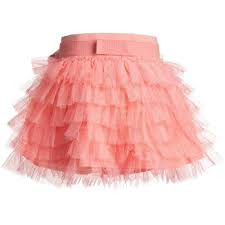What is RUFFLES in Spanish?

No. These are not your regular RAFFLES. You can't even eat them . When we say RUFFLES it does not necessarily mean only the brand of potato chips known all over the world. RUFFLES, as a noun, means strips of some fabric gathered or folded with ornamental purposes in some pieces of clothing. In dresses or skirts, RUFFLES are positioned around the neck or the wrist. I Spanish RUFFLES are called VOLANTES (in some countries VOLADOS). The problem with this word in Spanish is that it is also used to refer to Flyers and Steering Wheels.





